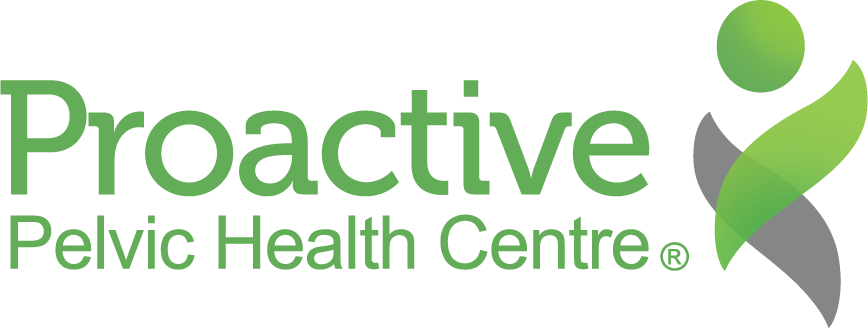Medical Qi Gong
After breaking my back and sustaining a spinal cord injury eight years ago I embarked on a healing journey that included both traditional and non-traditional modalities. I was particularly intrigued by Eastern Medicine practices such as meditation and yoga because of their acknowledgement of the mind-spirit connection.
One Eastern practice that has significantly contributed to my own ability to cope with chronic pain, fatigue, stress, anxiety and depression has been Medical Qi Gong which is one of the four branches of Traditional Chinese Medicine (TCM). The other three branches are: Acupuncture, Chinese Massage and Herbal Therapies.
To understand what medical qigong is, let’s breakdown the word ‘qigong’. Qi (pronounced ‘chi’ or ‘ki’) stands for the breath of life, the vital life force energy that flows through all things in the universe; in yoga many refer to this qi as prana. Gong stands for skill, practice, study, work or cultivation. So, qigong refers to the skill of studying, cultivating, or working with life force energy. In short, qigong means energy work and is known to many Chinese Energetic Medicine. There are three main schools of qigong:
Martial Qigong, which trains to build speed, endurance, strength and power for martial applications
Spiritual Qigong, which trains for spiritual transformation and enlightenment
Medical Qigong, which trains for health maintenance and longevity by purging, tonifying, bringing balance to and regulating the flow of qi through the body.
Medical qigong practice involves the use of breathing techniques, posture, movement, focused concentration, intention, as well as the use of creative visualization and healing sounds. Through practice we can develop awareness of the movement of energy, both inside and outside the body providing a safe and effective way to release toxic pathogens, trapped emotions and other negative influences that can cause both physical and mental/emotional illness.
Over 5000 years old medical qigong has a growing number of scientific evidence demonstrating its ability to treat:
Diabetes
Arthritis
High Blood Pressure
Breast and ovarian cysts and tumors
Brain tumors
Stroke
Migraine headaches
Fibromyalgia
Insomnia
Acute abdominal pain
Irritable bowel syndrome
For me personally, every time I practice medical qigong I always experience more energy, less physical pain, improved ability to concentrate and my spirits lifted with increased emotions of confidence, trust, peace and compassion.
To better appreciate how medical qigong works, one may need to integrate new ways of understanding the body. For instance, unlike Western Medicine which views the human body as a machine, TCM views the body as a garden with its organs corresponding to elements of the earth. Furthermore, TCM acknowledges that the life force energy flowing all around us and through the body is either yin or yang and so to experience health we need to have a harmonious balance of yin and yang.
One of the most commonly practiced medical qigong exercises is the ‘Daoist Five Yin Organ’ exercises which comprises gentle movement, breathing practice and focused concentration. During this exercise we focus on purging, tonifying and bringing balanced flow to the lungs, kidneys, the liver, the heart and the spleen – the main organs that store life force energy. The lungs, which are of the metal element processes both the qi associated with integrity and grief. The kidneys, which are of the water element processes both wisdom and fear. The liver, which is of the wood element, processes both anger and compassion. The heart, which is of the fire element processes both anxiety and peace. And finally the spleen, which is of the earth element processes the qi of both worry and trust.
Specific benefits of practicing the ‘Daoist Five Yin Organ’ exercise daily include:
stretching and loosening of the spine
stimulation of the brain and spinal cord and movement of the cerebral spinal fluid
stimulation of the movement receptors in our ligaments and fascia
stretching of connective tissue and enhancing the elasticity of ligaments
healing for diseases of the digestive system i.e. constipation, spastic colon, chronic diarrhea and irritable bowel syndrome
If you are interested in learning more about Medical Qigong consider registering for our upcoming introductory workshop on Saturday August 11, 2018 from 9am-12pm at Proactive Pelvic Health Centre (workshop fee is $75). Participants will leave knowing how to practice a simple grounding and centring meditation as well as the ‘Daoist Five Yin Organ’ exercise. To register please email info@proactiveph.com.


